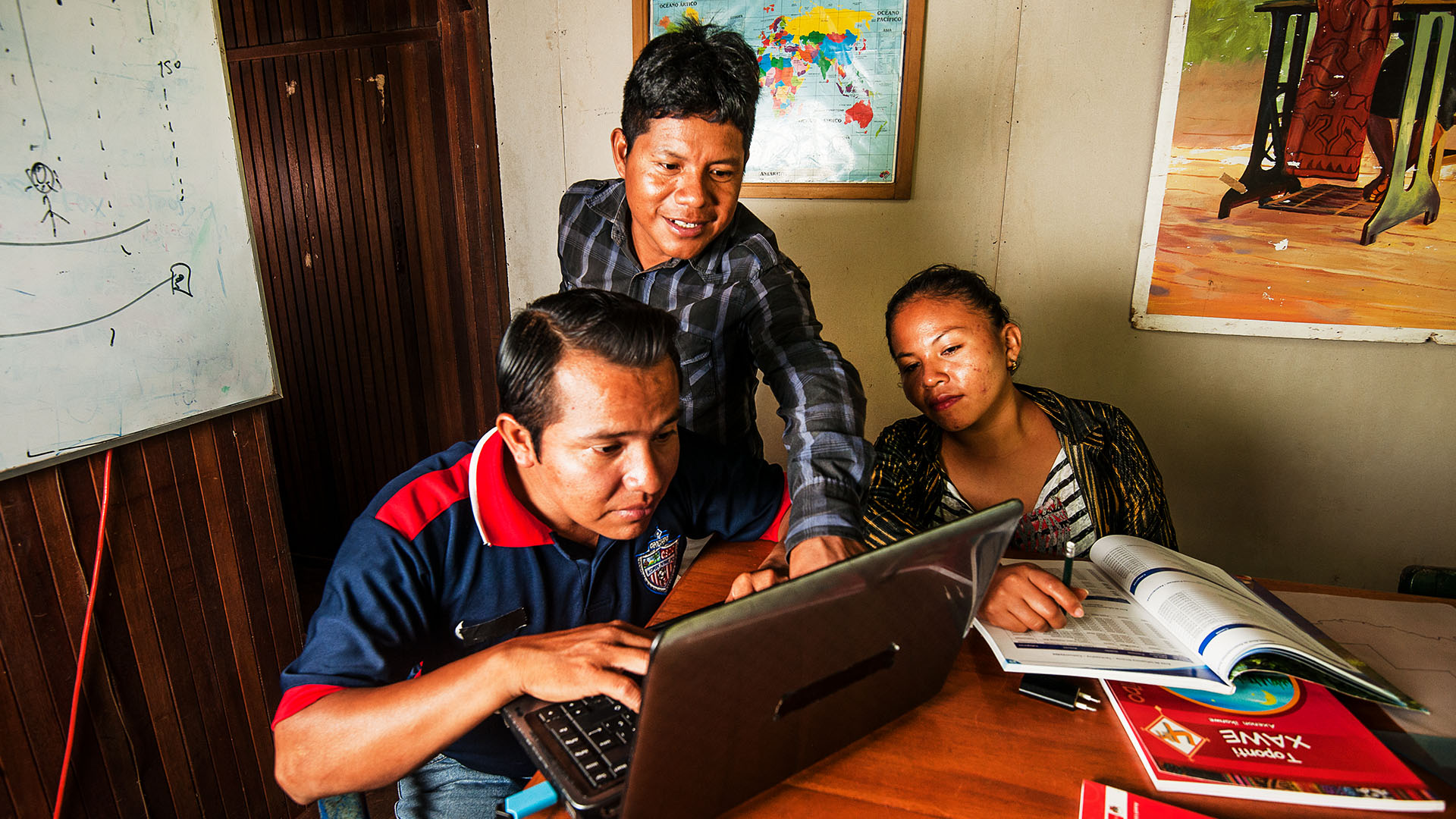Reports Estimate the 5-Year Impact of Facebook’s Infrastructure in LATAM, ASEAN and Sub-Saharan Africa
The importance of reliable, affordable internet connectivity has become more apparent to many people adapting to new ways of life during the coronavirus pandemic. Yet, 3.5 billion people around the world remain unconnected to the internet. Closing the digital divide is critical to ensure access to information, education and healthcare.
Over the years, Facebook has invested in infrastructure and partnerships to address the barriers to connectivity. We recently commissioned three reports to examine the economic impact of our investments in Sub-Saharan Africa, Association of Southeast Asian Nations and Latin America. Findings show that our programs are estimated to generate more than $200 billion USD in economic growth for these regions collectively over the next five years.
According to Analysys Mason, Facebook’s investments in Sub-Saharan Africa and ASEAN will deliver economic benefits of over $57 billion USD and $70 billion USD, respectively, over the next five years. NERA Economic Consulting estimates that Facebook’s investments in Latin America will generate an average of $27 billion USD per year in economic growth and over time, create 178,000 new jobs in the region.
The bulk of the economic value is generated through Facebook’s investments in submarine cables, edge networks and Open Transport Networks providing fiber backhaul. These programs improve the quality of access networks and service delivery, helping network operators extend coverage, improve performance and reduce costs.
Submarine Cables
Facebook’s investments in submarine cables increase the supply of international bandwidth, reduce costs for ISPs and result in more connectivity.
In Latin America, for example, Facebook is part of a consortium deploying the Malbec cable between Brazil and Argentina that will double international capacity to Argentina. The cable is expected to improve reliability and reduce costs for ISPs. NERA estimates that the cable will also increase internet penetration in Argentina by 6% and 3% in Brazil.
In Southeast Asia, Facebook invested in the APG cable and Southeast Asia Japan Cable 2, as well as three new trans-Pacific cables planned for the next few years. While too new to include in the Sub-Saharan Africa report, our recently announced 2Africa cable will circle the continent, interconnect 23 countries, and triple the capacity of all the subsea cables serving Africa today.
Edge Networks
Our edge network infrastructure, including Points of Presence and co-located local caches, support economic development by allowing operators to access Facebook content at locations closer to their own networks. This cuts international connectivity and transit costs for operators and improves people’s experience.
Across Sub-Saharan Africa and ASEAN countries, Facebook’s investments in edge networks and international capacity together will enable internet traffic to increase by 9%. In Latin America, our edge network investments are expected to reduce operators’ international connectivity costs by about $440 million USD per year.
Open Transport Networks
Facebook also invests in Open Transport Networks (OTNx) that deploy fiber infrastructure for backhaul for network operators. OTNx initiatives spur economic development by improving the quality and affordability of services and allowing more people to get online.
Facebook has deployed fiber through OTNx in Indonesia, Uganda, Nigeria and South Africa. In Indonesia, OTNx is expected to help bring 900,000 people online and generate over $6 billion in GDP between 2020 and 2024. Two deployments in Uganda and Nigeria have enabled an extension of 3G/4G coverage to over 4 million people. An estimated 700,000 people in Uganda and 300,000 people in Nigeria got online earlier than they would have without these investments, producing an economic impact of almost $4 billion between 2020 and 2024.
There is no one-size-fits-all approach for connecting the world, but with these investments we’re focused on a building block strategy alongside our partners to help expand and improve global connectivity and close the digital divide.
For more information, read the full reports here: Sub-Saharan Africa, ASEAN, Latin America.



